William Gladstone: New name sought for university building after campaign
- Published
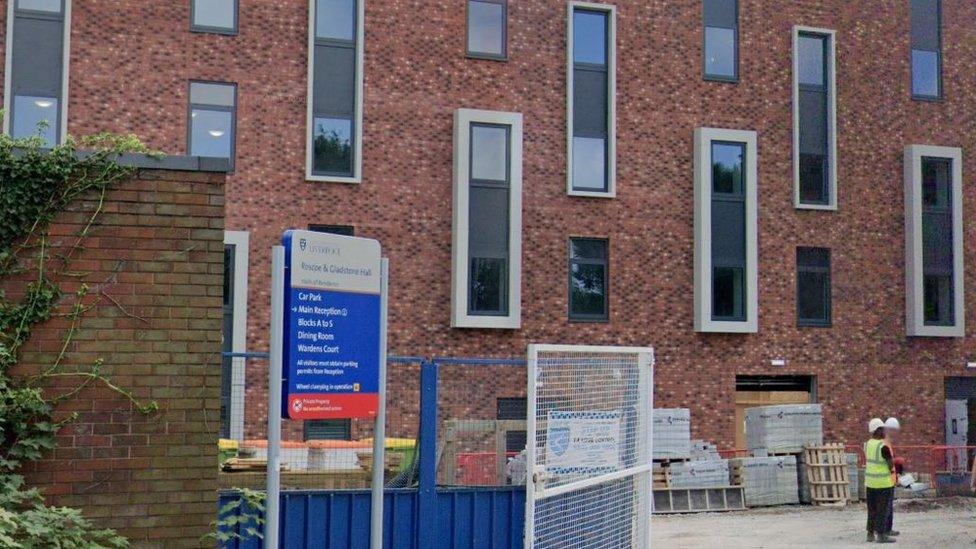
The former Gladstone Hall will have a new name chosen by the university's staff and students
A new name is being sought for a university building named after former Prime Minister William Gladstone who had links with the slave trade.
The University of Liverpool agreed to rename Gladstone Hall after students campaigned for its removal in June.
Gladstone spoke out against abolition in Parliament, external because his family had slaves on plantations in the 1800s.
The university said it was "determined to address contemporary racism" and wanted ideas by 19 March.
Students and staff have been asked to come up with names linked to the theme of racial equality and Liverpool for the halls of residence.
The decision to change the building's name follows Black Lives Matter protests in the city in response to the death of American George Floyd and the tearing down of a statue of slave trader Edward Colston in Bristol.
Liberal politician William Ewart Gladstone was born in Liverpool in 1809, who is described as having "ultra-conservative" views and used his maiden speech in the House of Commons to support his father's interests, arguing against abolition.
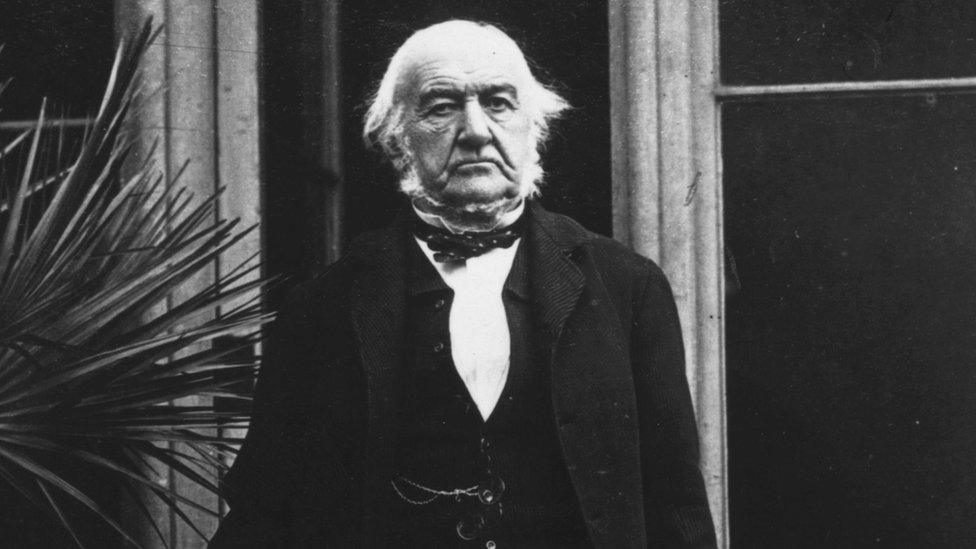
William Ewart Gladstone argued against the abolition of slavery during his time as a politician
When slavery was abolished in the 1830s, the Gladstones received more than £90,000, about £9.5m in today's terms, as compensation for the slaves they were forced to free.
Students campaigned over the issue for several years, arguing that the University of Liverpool should not be honouring people who benefited from slavery.
A spokesman said it was "determined to address the consequences of contemporary racism and racial inequality".
"It is important that the names used within the university, including our halls of residence, reflect the values of openness, transparency and respect that underpin our work," he added.

William Gladstone (1809-1898)
Gladstone became Tory MP for Newark in 1832, aged 23, he then joined the Liberal party in 1859 before becoming its leader in 1867
He started his mission of "rescue and rehabilitation" of London's prostitutes in 1840
He first became prime minister in 1868, resigning in his fourth stint at the helm in 1894
Gladstone made major reforms in the justice system and the civil service
He increased the number of men eligible to vote in an election under the Representation of the People Act 1884
Gladstone disestablished the Irish Protestant Church and passed an Irish Land Act to rein-in unfair landlords
He also campaigned for home rule in Ireland but twice failed to get the Irish Home Rule Bill through
Gladstone died on 19 May 1898 from cancer and is buried at Westminster Abbey

Related topics
- Published10 June 2020
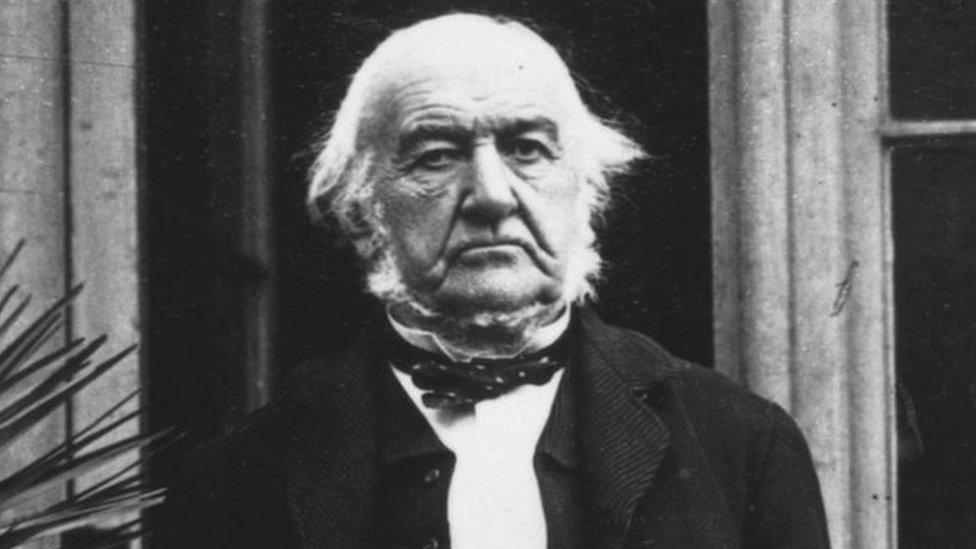
- Published8 June 2020
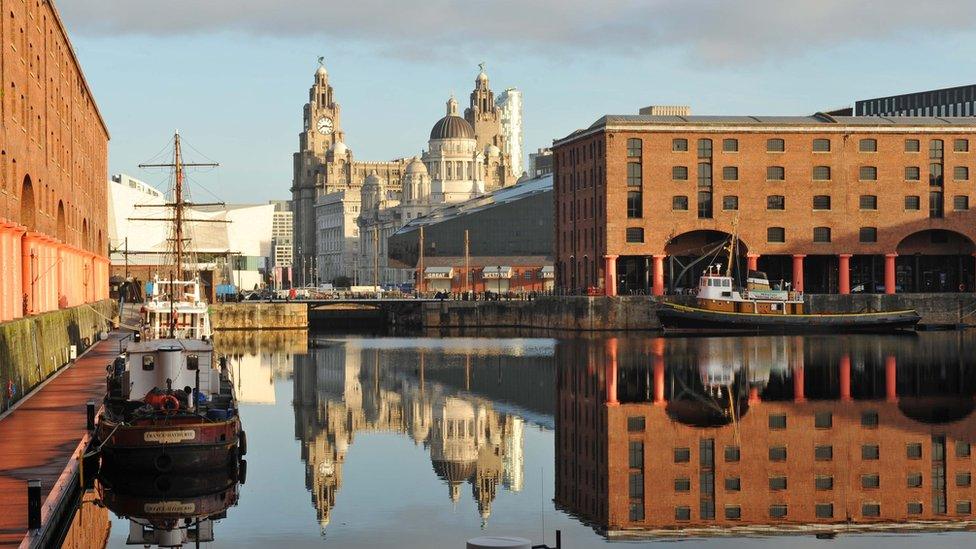
- Published9 June 2020
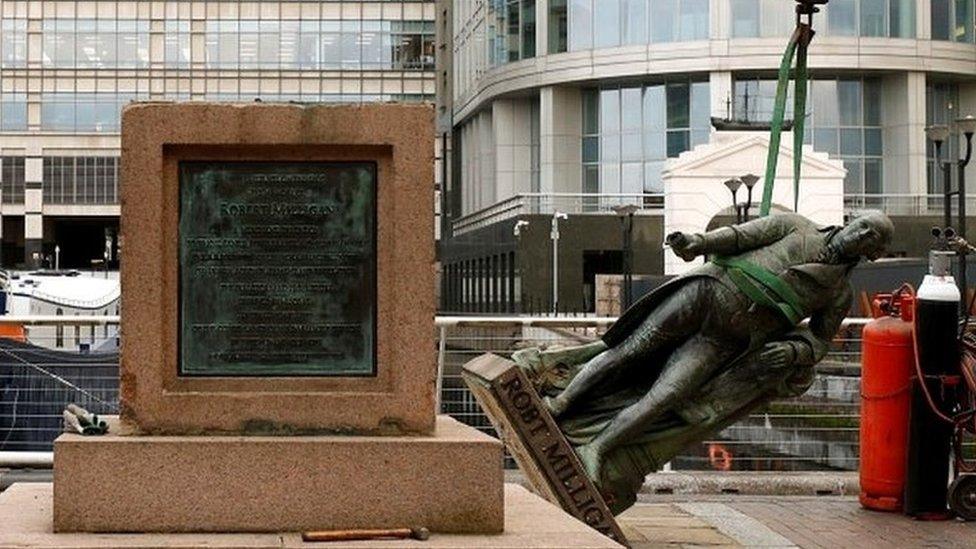
- Published9 June 2020
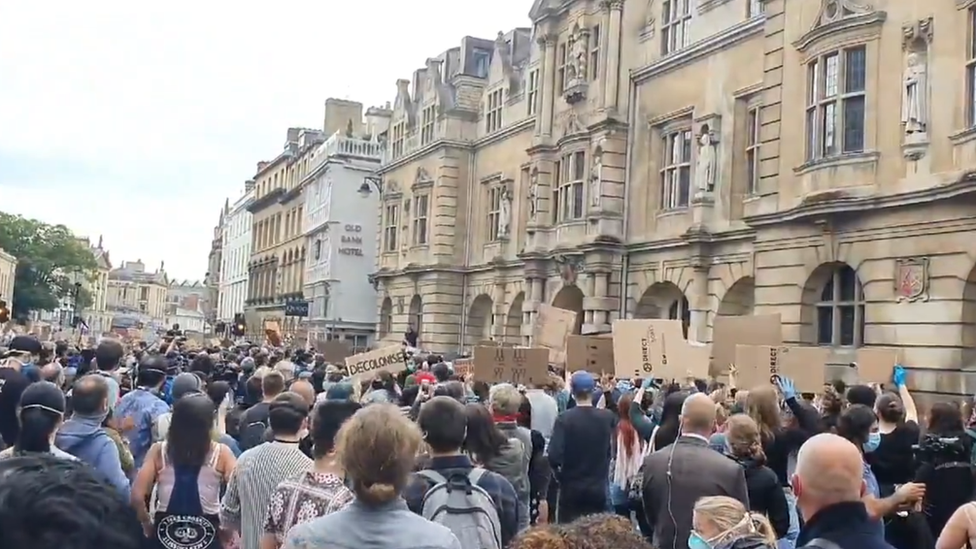
- Published8 June 2020
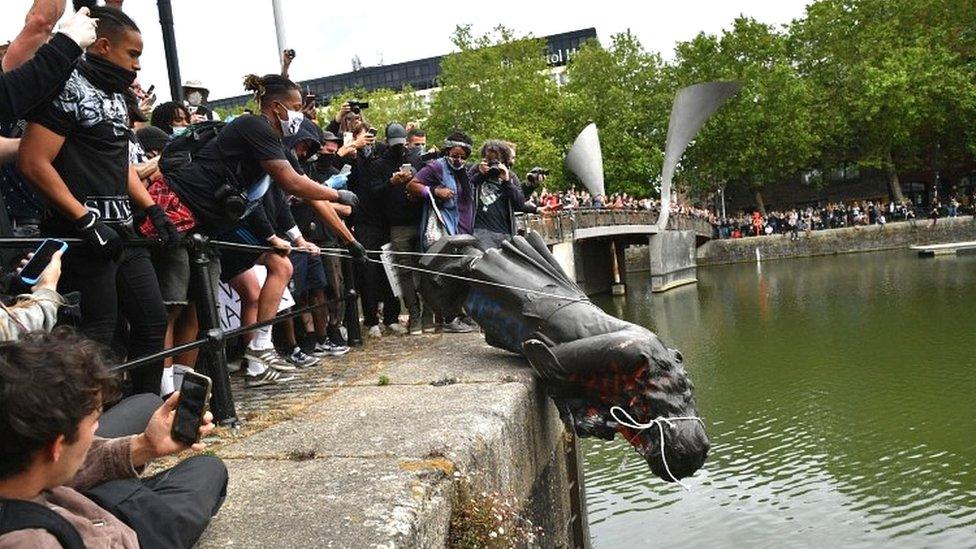
- Published9 December 2017
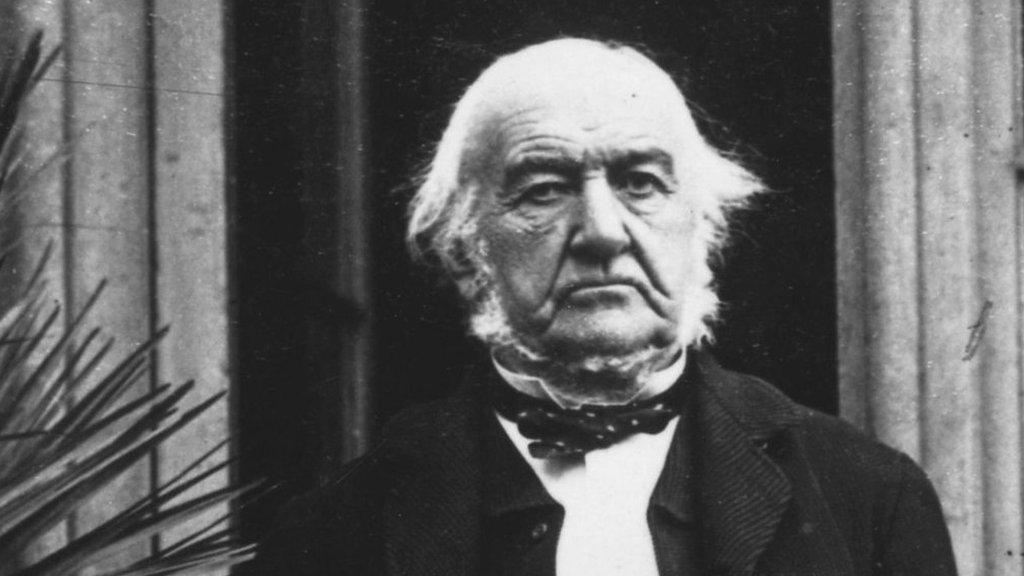
- Published15 November 2017
